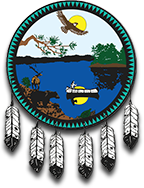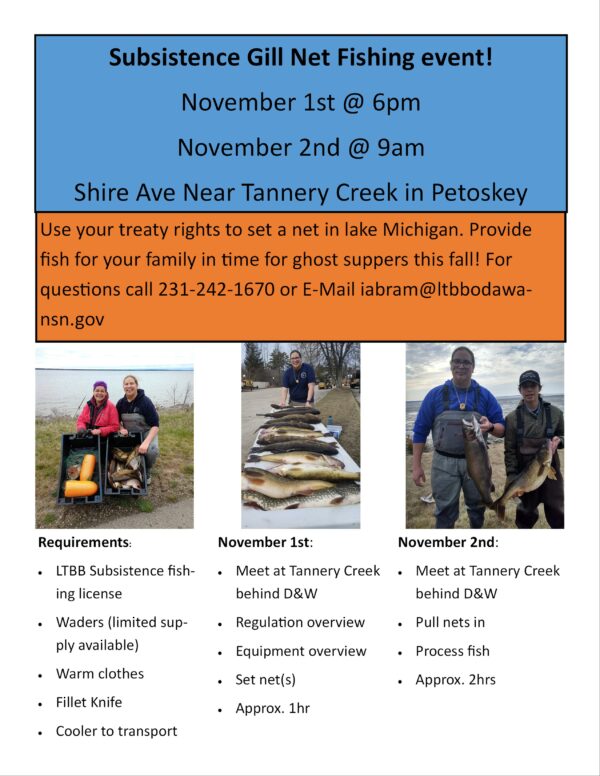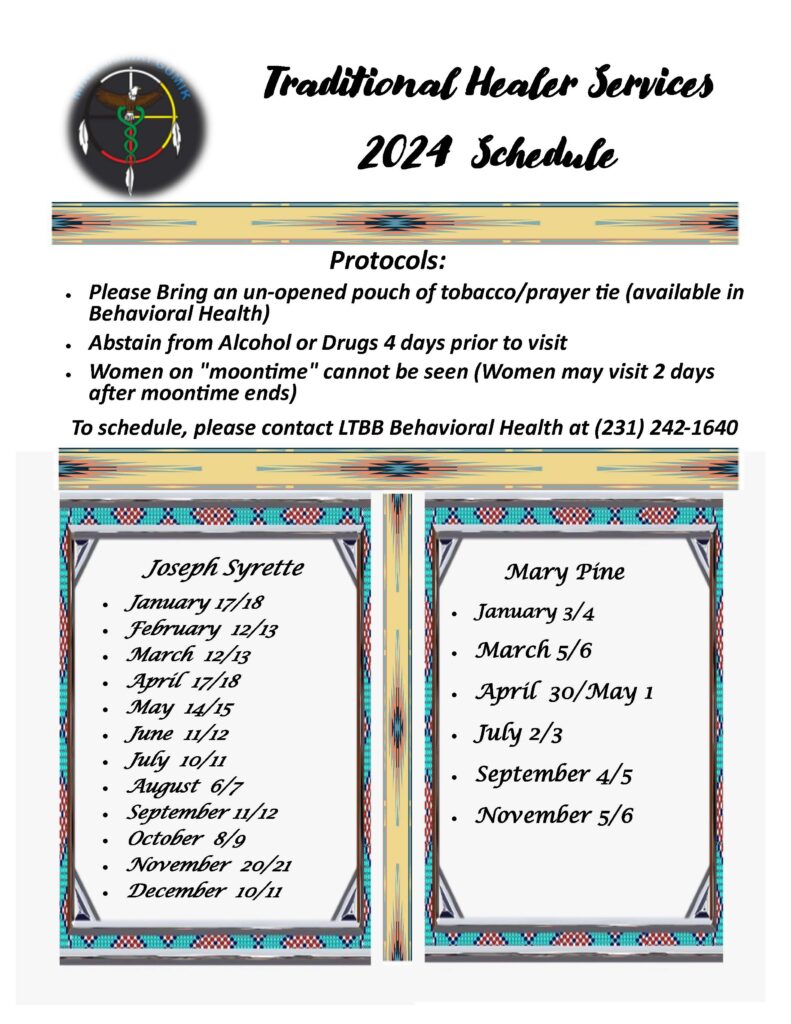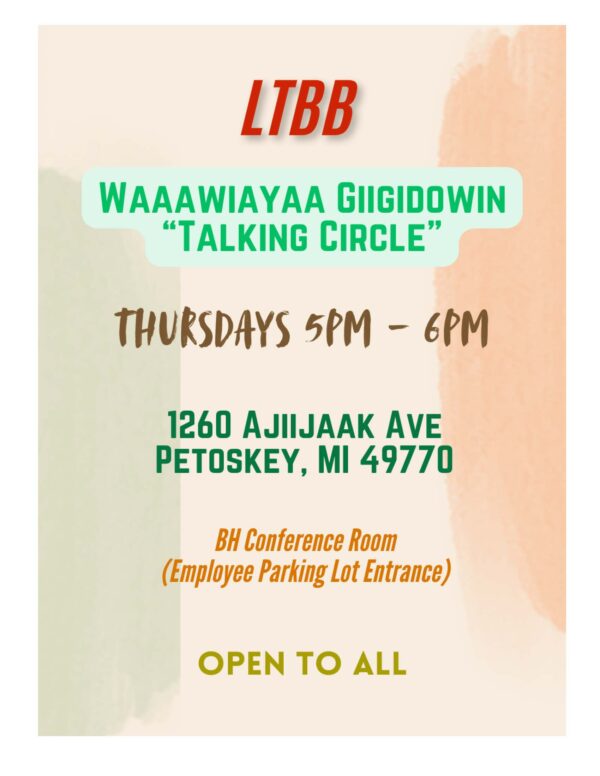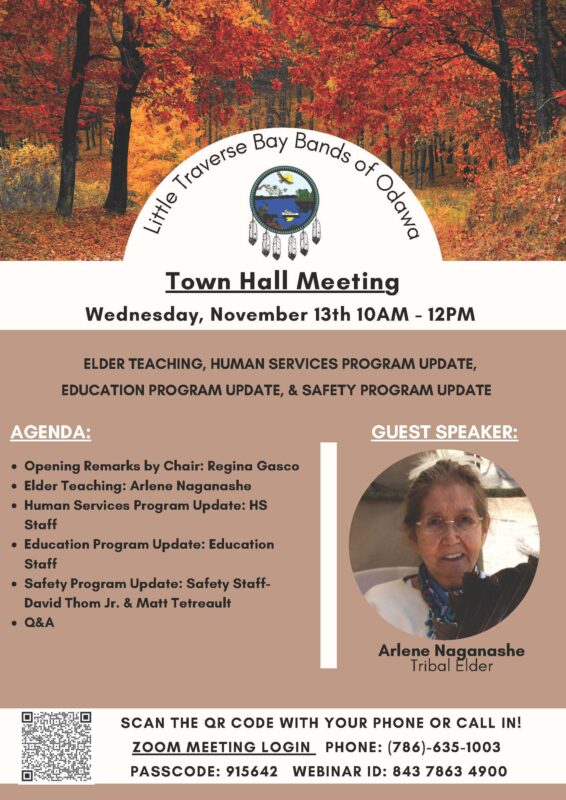The Tribal Prosecutor’s Office is authorized under the Juvenile Justice Statute, WOTC § 5.407(I) to utilize diversion rather than initiate formal delinquency proceedings. Diversion is an alternative process which is structured around the individual needs of the child.
The idea behind diversion is that the behavior that the child is engaging in can be addressed without going through the formal court process. There are common areas that each individual plan typically will address: education, physical health, mental health, and cultural awareness. In the diversion process a number of different service providers are brought in along with the child’s family to develop a plan that best addresses the needs of the child and the behavior that led to the youth being involved in diversion. Depending on the situation a mentor may also be brought in to work with child.
Education:This component usually focuses on improving the child’s attendance and grades. In order to address the child’s needs in this area the Gijigowi Bipskaabiimi Department typically works with the child’s school, i.e. teachers and counselors, to develop a strategy to improve the child’s academic performance.
Physical Health:This component usually focuses on the child’s overall physical health. The child’s activity level and overall physical health are assessed usually with assistance from the child’s physician and/or the Tribal Health Clinic.
Mental Health:This component usually focuses on addressing behavioral problems, substance abuse issues, and other mental health issues that may be affecting the child’s behavior. Children are usually referred to Anishinaabe Life Services and/or other counseling services for an evaluation and/or treatment plan.
Cultural Awareness:The purpose of this component is to expose the child to cultural activities that occur within the community. The team works very closely with the child’s parents to determine what types of cultural activities, if any, would best suit the needs of their child. Activities that have been recommended include the Annual Jiimaan Journey which is organized by the Tribe’s Youth Program, a camp for at-risk youth organized by the Little River Band of Ottawa Indians.
Mentorship:Occasionally we try to pair youth with an adult mentor who can help youth work through their diversion program. We work with the youth’s family to select an individual that they feel comfortable with. The mentor’s responsibility is to provide the youth with support and guidance as they work through their diversion program.
We are always open to suggestions on how we can improve our program so that it best meets the need of our youth and our community.
